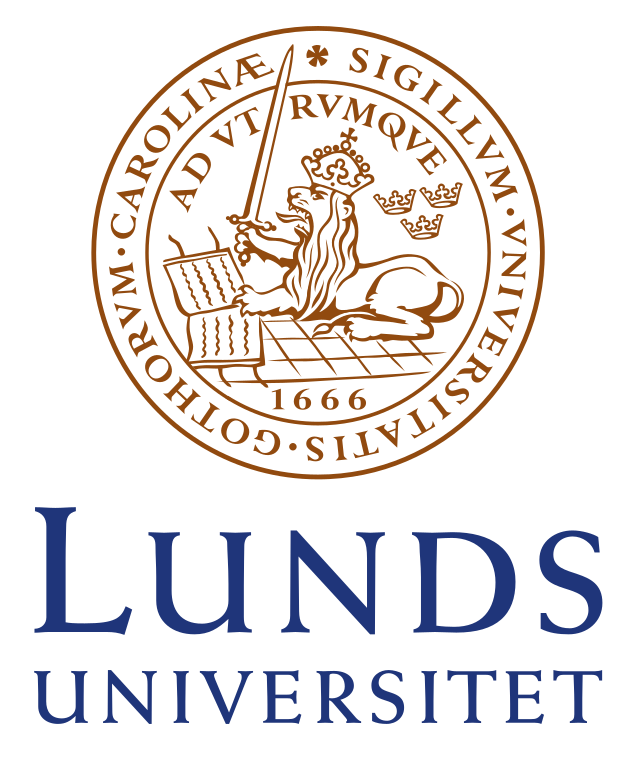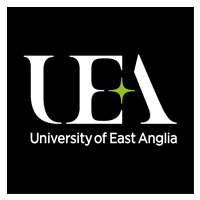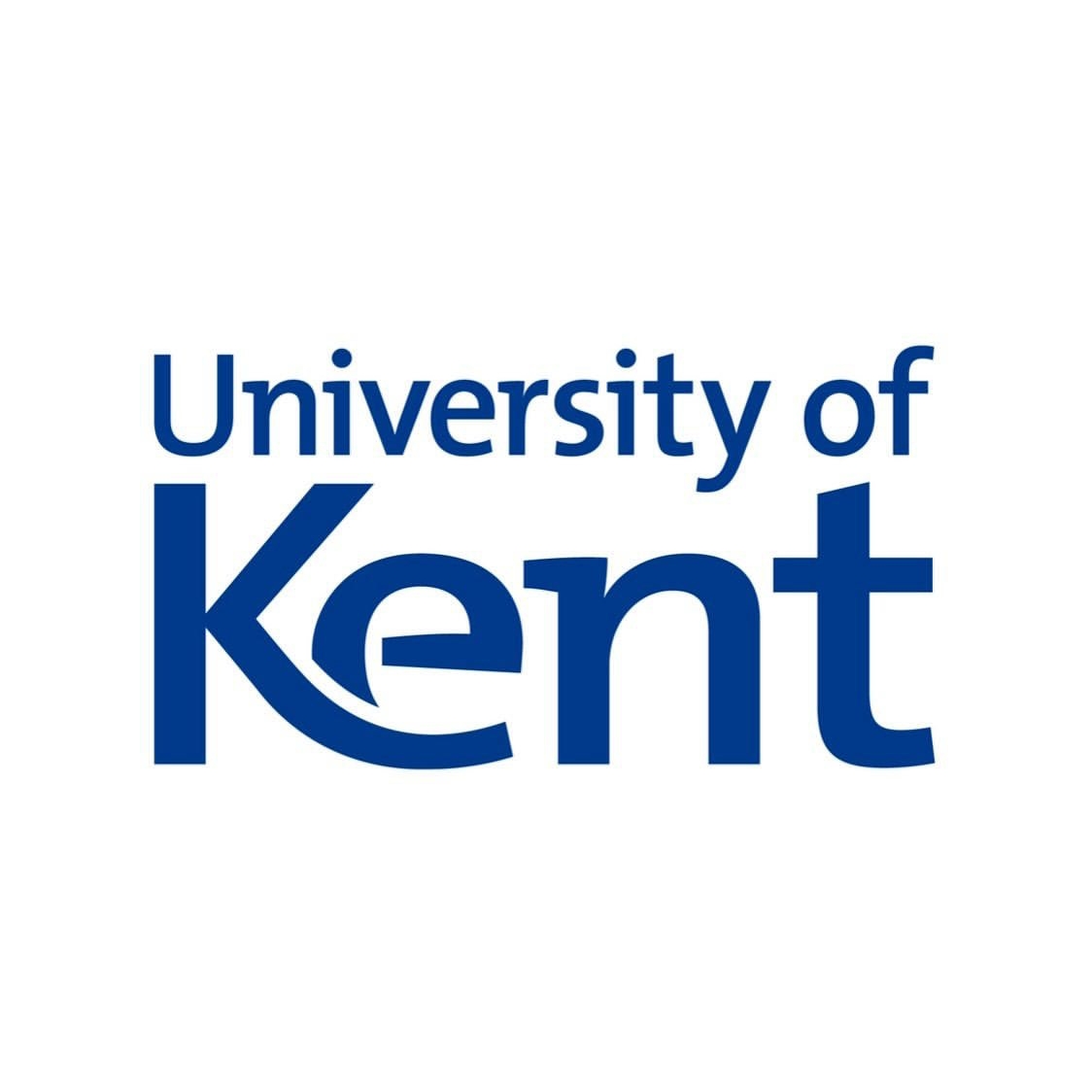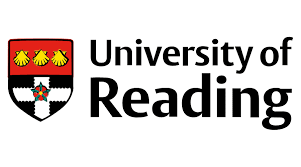Biomedicine Course Abroad: Unlocking Global Opportunities for Indian Students
Are you an Indian student passionate about the intersection of biology, medicine, and cutting-edge technology? Studying Biomedicine abroad can be your pathway to a rewarding career in healthcare innovation, research, and biotechnology. This dynamic field combines scientific principles with medical applications to address global health challenges, from developing new drugs to advancing personalized medicine. For Indian students, pursuing a Biomedicine degree overseas offers world-class education, hands-on research experience, and exposure to multicultural environments that enhance employability back home or internationally.
With India's growing emphasis on healthcare and biotech sectors, a foreign degree in Biomedicine positions you as a leader in these industries. Universities abroad provide state-of-the-art labs, collaborations with industry giants like Pfizer or AstraZeneca, and opportunities for internships that are often limited in India. Whether you're aiming for a Bachelor's, Master's, or PhD, this guide explores everything you need to know about studying Biomedicine abroad.
What is Biomedicine?
Biomedicine is an interdisciplinary field that applies biological and physiological principles to clinical practice and medical research. It focuses on understanding diseases at the molecular and cellular levels to develop treatments, diagnostics, and preventive strategies. Unlike traditional medicine, Biomedicine emphasizes scientific inquiry, making it ideal for students interested in research-driven careers.
Key areas within Biomedicine include:
- Molecular Biology: Studying DNA, RNA, and proteins to uncover disease mechanisms.
- Pharmacology: Exploring how drugs interact with the body for therapeutic effects.
- Immunology: Investigating the immune system's role in fighting infections and autoimmunity.
- Genetics and Genomics: Analyzing genetic variations for personalized healthcare.
- Bioinformatics: Using computational tools to interpret biological data.
This field is rapidly evolving with advancements in CRISPR gene editing, AI-driven drug discovery, and regenerative medicine, offering endless innovation opportunities.
Why Study Biomedicine Abroad as an Indian Student?
India's education system excels in foundational sciences, but studying abroad elevates your skills through global perspectives and resources. Here's why Biomedicine abroad is a smart choice:
- Advanced Facilities and Research: Access to cutting-edge labs and funding that surpass many Indian institutions, allowing participation in groundbreaking projects like vaccine development.
- International Recognition: Degrees from top universities are highly valued by Indian employers, MNCs, and research bodies like ICMR or CSIR.
- Diverse Career Paths: Gain skills for roles in pharma, biotech, hospitals, or academia, with average starting salaries abroad ranging from $50,000–$80,000 USD annually.
- Cultural and Professional Growth: Adapt to global work cultures, build international networks, and improve English proficiency—essential for Indian students transitioning to abroad.
- Post-Study Work Visas: Countries like Canada and Australia offer pathways to permanent residency, easing the return to India with enhanced credentials.
For Indian students, the exposure helps bridge the gap between theoretical knowledge from IITs or AIIMS and practical, industry-aligned training abroad.
Top Destinations for Biomedicine Studies
Choosing the right country depends on your budget, career goals, and visa preferences. Popular destinations for Indian students include the USA, UK, Canada, Australia, and Germany. These nations host renowned programs with strong ties to biotech hubs like Boston or Cambridge.
| Country | Top Universities | Average Tuition (per year, USD) | Key Advantages for Indians |
|---|---|---|---|
| USA | Harvard University, Johns Hopkins University, Stanford University | 30,000–60,000 | STEM OPT extension for 3-year work visa; high research funding. |
| UK | University of Oxford, Imperial College London, University College London | 25,000–40,000 | Graduate Route visa for 2 years post-study; shorter 1-year Master's programs. |
| Canada | University of Toronto, McGill University, University of British Columbia | 20,000–35,000 | Post-Graduation Work Permit up to 3 years; affordable living and scholarships. |
| Australia | University of Melbourne, University of Sydney, Monash University | 25,000–45,000 | Temporary Graduate Visa; strong Indian diaspora for support. |
| Germany | Heidelberg University, LMU Munich, Technical University of Munich | 0–5,000 (public unis) | Low or no tuition; English-taught programs; EU job market access. |
Germany stands out for budget-conscious Indian students due to free education at public universities, while the USA offers unparalleled innovation ecosystems.
Curriculum and What You'll Learn
A typical Biomedicine program is structured to build from fundamentals to advanced applications. Bachelor's degrees (3–4 years) focus on core sciences, while Master's (1–2 years) delve into specialization, and PhDs emphasize original research.
Core Subjects in a Bachelor's Program:
- Human Anatomy and Physiology
- Biochemistry and Cell Biology
- Microbiology and Pathology
- Biostatistics and Research Methods
- Ethics in Biomedical Research
Advanced Topics in Master's/PhD:
- Stem Cell Biology and Tissue Engineering
- Cancer Biology and Therapeutics
- Neurobiomedicine
- Clinical Trials and Drug Development
- Emerging Technologies like Nanotechnology in Medicine
Programs often include lab work, group projects, and electives in areas like public health or environmental biomedicine. Indian students will appreciate how these curricula align with NEET or AIIMS prep but extend to global standards, preparing you for certifications like those from the American Society for Biochemistry and Molecular Biology.
Eligibility and Admission Requirements for Indian Students
Admission to Biomedicine programs is competitive, but achievable with strong academics. Most require:
- Academic Qualifications: 10+2 with Physics, Chemistry, Biology (PCB) at 70–85% from a recognized board like CBSE or ISC. For Master's, a relevant Bachelor's with 60%+ GPA.
- Entrance Exams: IELTS/TOEFL for English (6.5+ band/90+ score); GRE for some US programs; subject tests like BMAT/UCAT for UK medical tracks.
- Documents: Statement of Purpose (SOP) highlighting your interest in Biomedicine, Letters of Recommendation (LORs) from teachers, CV, and transcripts.
- Visa Requirements: Proof of funds (e.g., ₹10–15 lakhs for first year), health insurance, and a genuine student intent letter.
Indian students should apply 6–12 months in advance via university portals or platforms like UCAS (UK) or Common App (USA). Deadlines vary: fall intake (September) is popular.
Scholarships and Financial Aid
Studying abroad can be expensive, but scholarships make it accessible for meritorious Indian students. Key options include:
- Commonwealth Scholarships (UK/Canada): Covers tuition and living for Master's/PhD; up to £18,000/year.
- Fulbright-Nehru (USA): Full funding for research-focused programs; targets Indian graduates.
- DAAD Scholarships (Germany): €934/month stipend plus tuition waiver.
- Destination Australia (Australia): AUD 15,000/year for regional unis.
- University-Specific Aid: Harvard's need-based grants or Toronto's entrance scholarships (up to CAD 20,000).
Additionally, Indian government schemes like the National Overseas Scholarship provide up to ₹20 lakhs for SC/ST students. Apply early and emphasize your academic achievements and research potential in applications.
Career Opportunities After Graduation
A Biomedicine degree opens doors to diverse, high-impact roles. In India, graduates join firms like Biocon, Serum Institute, or Dr. Reddy's Labs, with starting salaries of ₹6–12 lakhs per annum. Abroad, opportunities abound in research, industry, and policy.
Popular Career Paths:
- Biomedical Researcher: Work in labs developing therapies; salary: $60,000–$100,000 USD.
- Clinical Scientist: Analyze patient data in hospitals; ₹8–15 lakhs in India.
- Pharmaceutical Developer: Design drugs at companies like Novartis; global average $80,000+.
- Biotech Consultant: Advise on innovations; freelance or firm-based.
- Academic/Professor: Teach and research at universities like IITs.
With India's biotech market projected to reach $150 billion by 2025, returning graduates are in demand. Many also pursue MD/PhD for clinical roles or entrepreneurship in health tech startups.
Step-by-Step Guide to Applying
Navigating the process can seem daunting, but follow these steps:
- Research Programs: Use sites like QS Rankings or Studyportals to shortlist 5–10 universities.
- Prepare Exams: Take IELTS/GRE 3–6 months before deadlines.
- Gather Documents: Draft SOP (500–1000 words) and secure LORs.
- Apply Online: Submit via university websites; pay application fees ($50–150).
- Secure Funding: Apply for scholarships simultaneously.
- Visa Application: After offer letter, apply at VFS Global with financial proofs.
- Pre-Departure: Arrange accommodation, attend orientation, and join Indian student groups for support.
Consult education agents or platforms like IDP for personalized guidance.
Conclusion: Your Future in Biomedicine Starts Here
Studying Biomedicine abroad empowers Indian students to contribute to global health solutions while advancing personal and professional growth. With rigorous programs, supportive scholarships, and vibrant career prospects, this field promises a fulfilling journey. Take the first step today—research, prepare, and embark on a transformative experience that bridges Indian heritage with international excellence.









